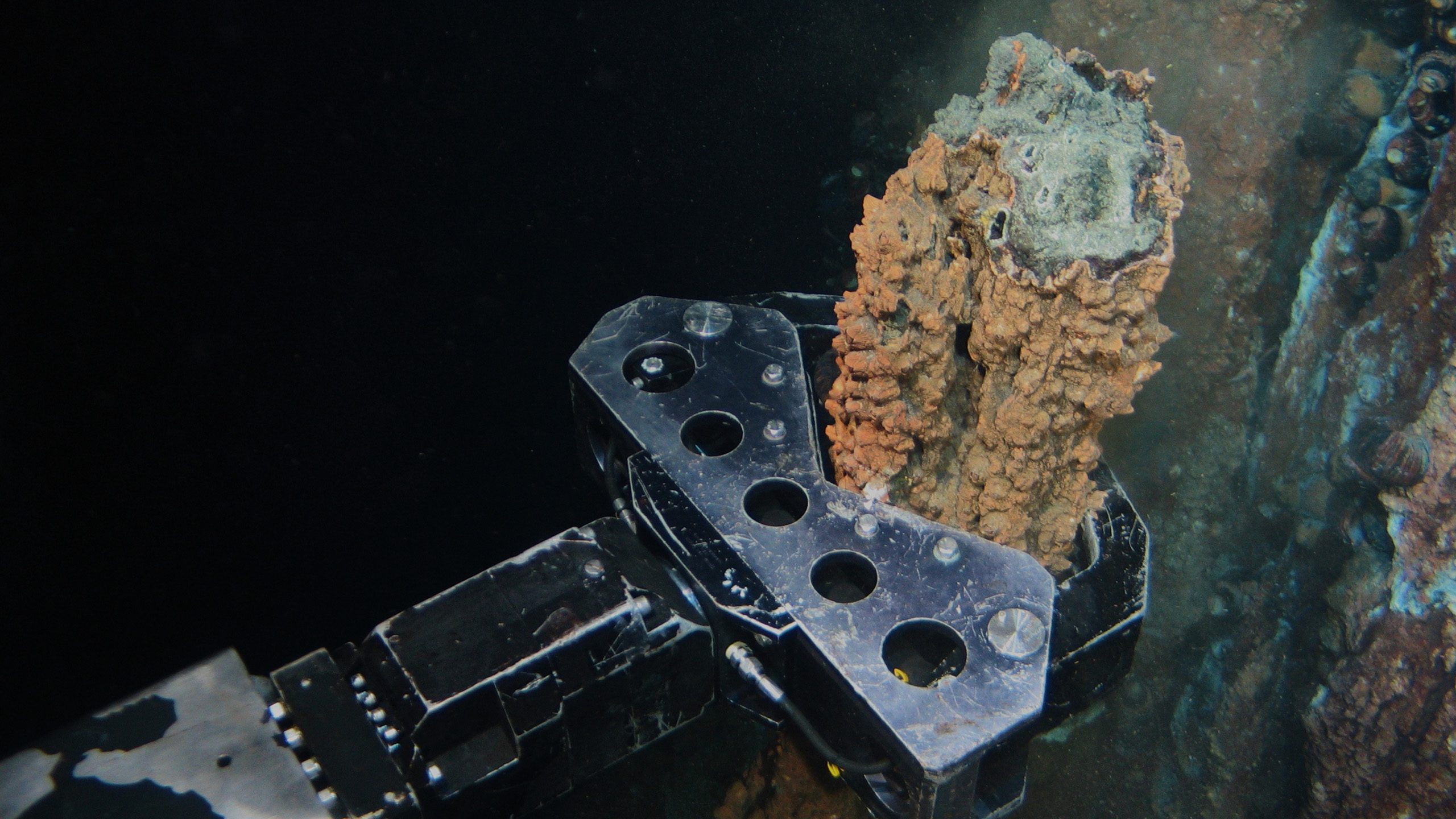Arts & Entertainment
‘Deep Rising’ explores environmental costs, potential of deep-sea nodule mining
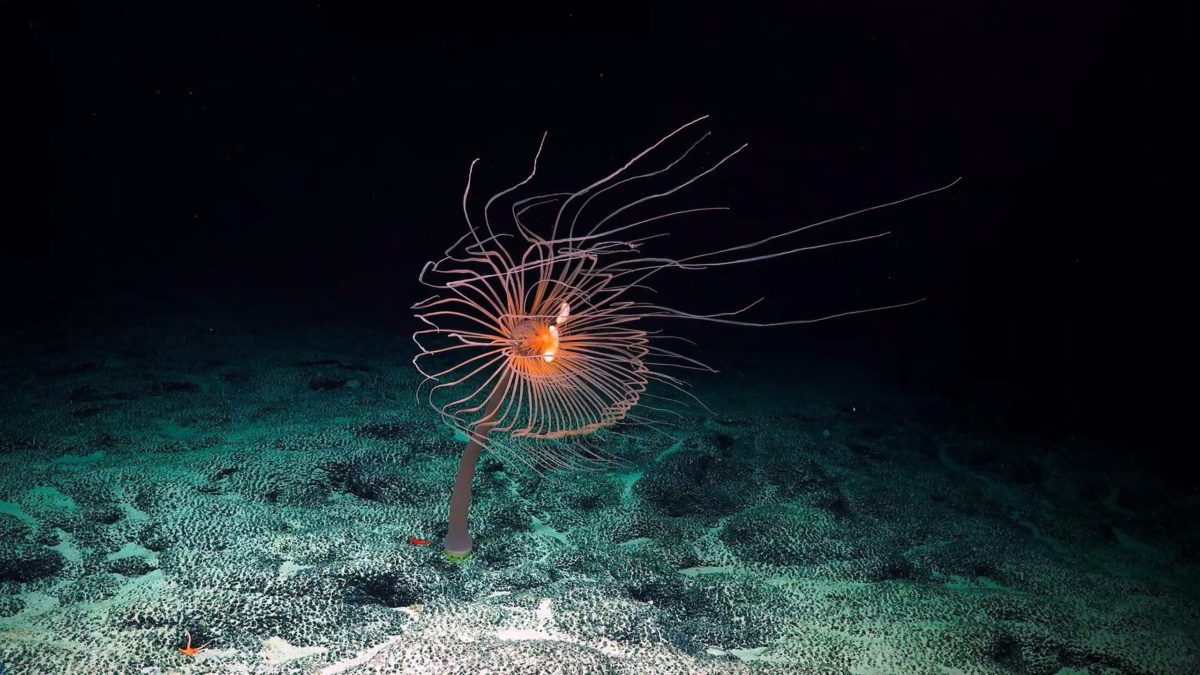
A still from Deep Rising by Matthieu Rytz, an official selection of the Premieres program at the 2023 Sundance Film Festival. Photo: Courtesy of Sundance Institute.
PARK CITY, Utah — In a world where the necessity to move beyond fossil fuels has only become magnified, the questions surrounding the costs of an electrified world are still yet to be answered. Is destroying 550 hectares, roughly 3.5 times the size of London, of rainforest in Indonesia worth the cost of nickel to be used in electric car batteries? Is there another way? These are questions that are posed in the Sundance Film “Deep Rising,” as it attempts to start that conversation while providing insight into an alternative in the form of deep-sea mining nodules.
The film, which was produced and directed by Matthieu Rytz and narrated by Jason Momoa, starts with a visual of the deep ocean and its inhabitants before transitioning to follow Gerard Barron, CEO and chairman of a mining start-up called The Metals Company, as he works to promote the idea of deep sea mining for nodules as a more environmentally friendly way to gain the necessary metals that will be needed for a complete electrified society transition.
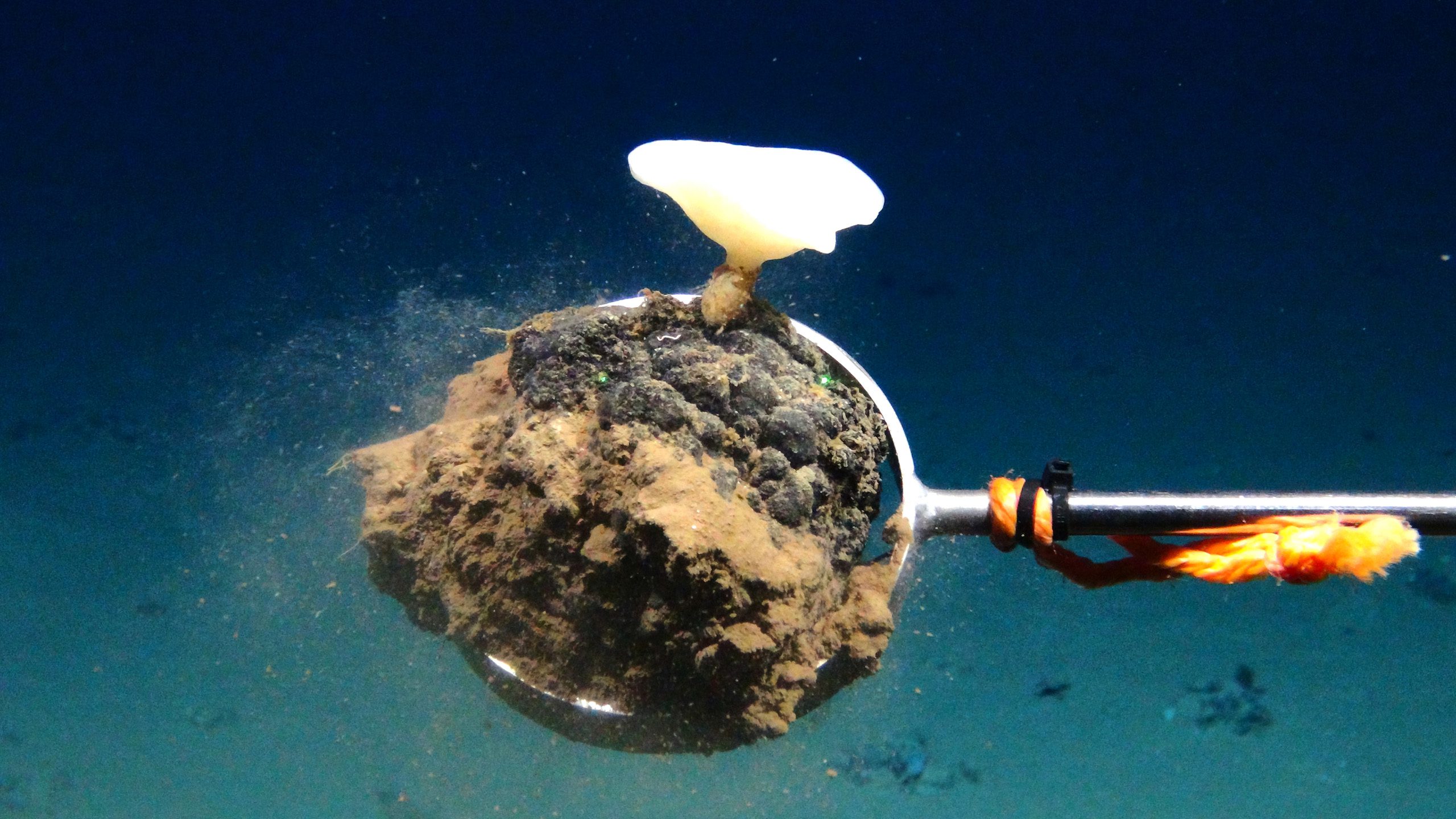
Manganese nodules, also called polymetallic nodules, are spherical precipitates of manganese, iron oxides, and other metals such as nickel, copper, cobalt, and zinc, that form around a core material, such as a shell fragment or shark’s tooth. Each of the metals found within manganese nodules is essential to battery production. Manganese nodules form slowly at a rate of millimeters to tens of millimeters per million years. Unlike metals mined on land, these objects are spread along the sea floor in the abyssal plain, between 3,000 to 6,000 meters deep.
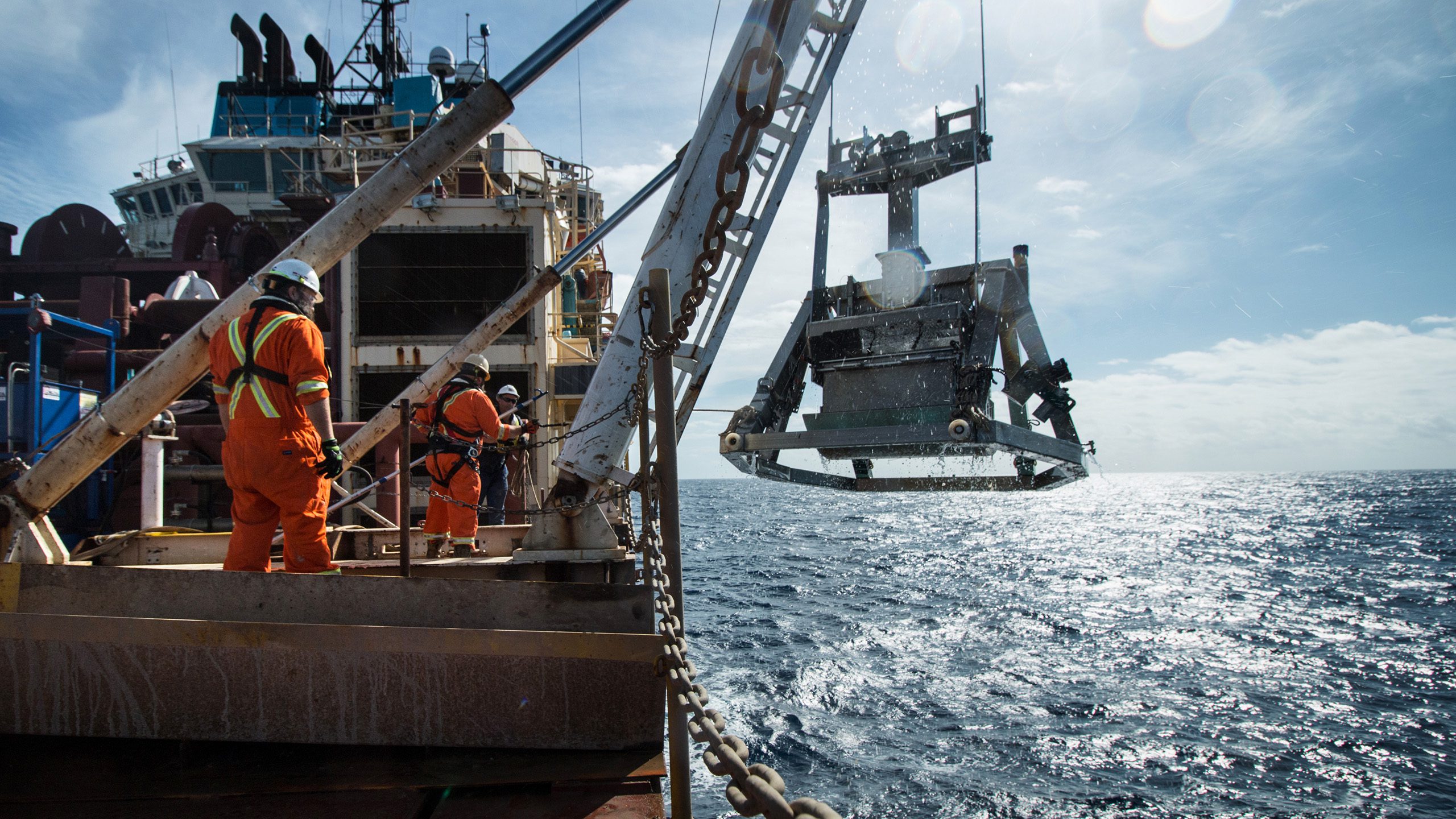
While documenting the feasibility and benefits of deep sea mining, the film touches on the idea that there are still many unknowns about the deep ocean. It’s unclear how much of an impact this would have on those ecosystems, or what kind of cost that would lead to. Many of the areas where these have been found are also in international waters, where country jurisdictions do not apply.
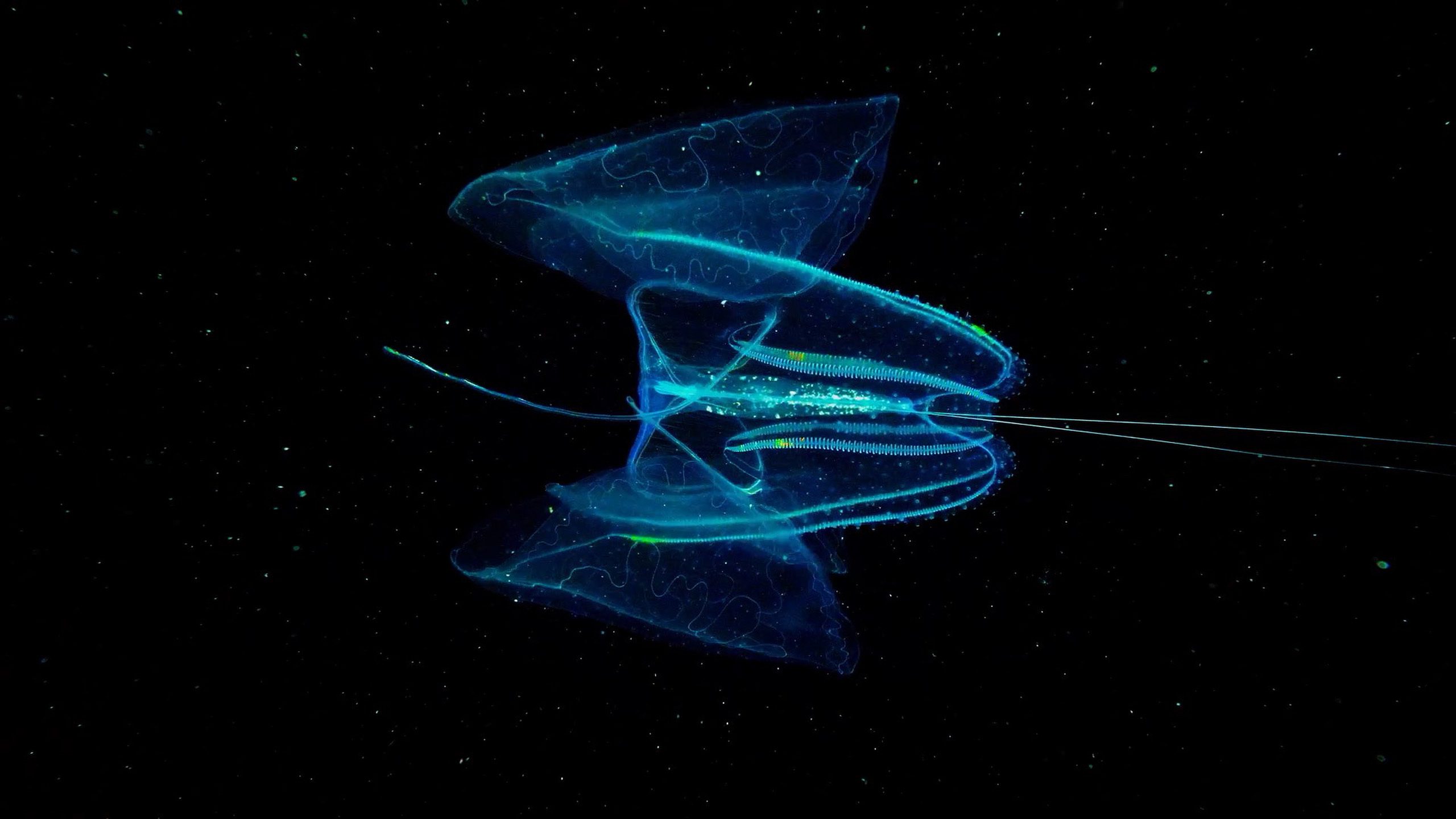
While there are challenges facing the future of deep-sea nodule mining, they can be overcome by cooperation and further scientific studies. “Deep Rising” documents this while bringing forth the moral questions that should not be brushed aside as we as a society look toward an electrified future powered by batteries.
